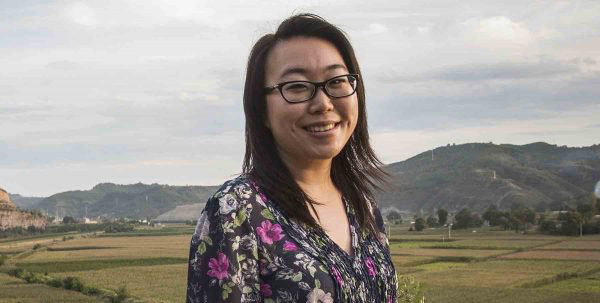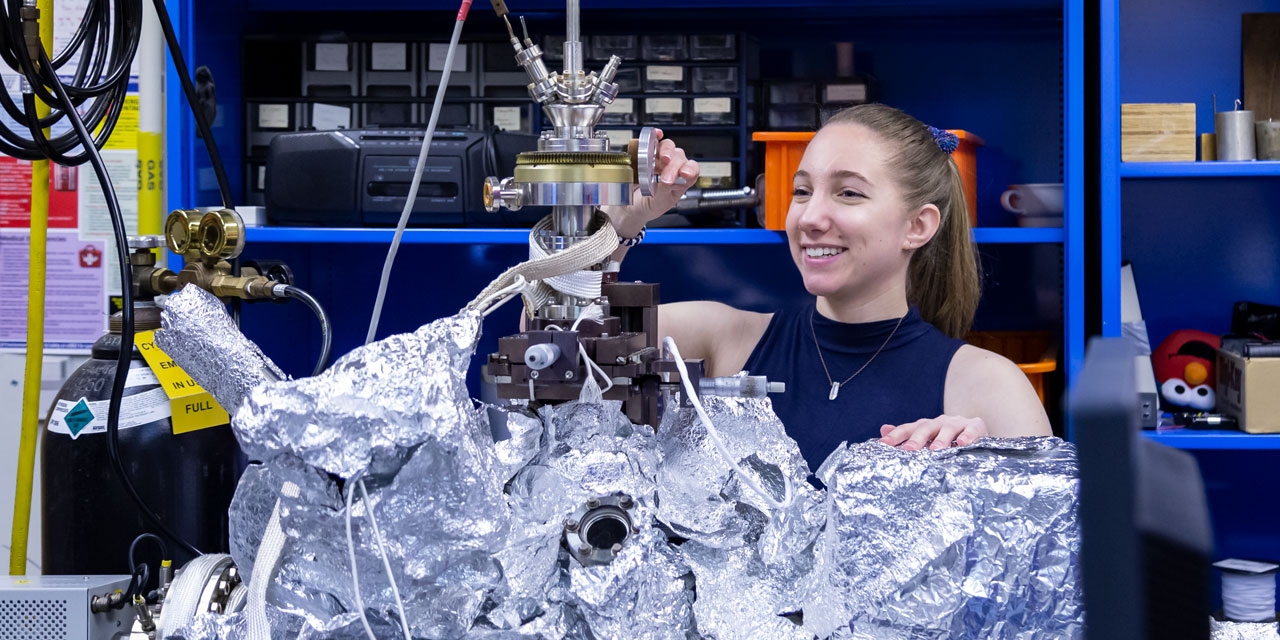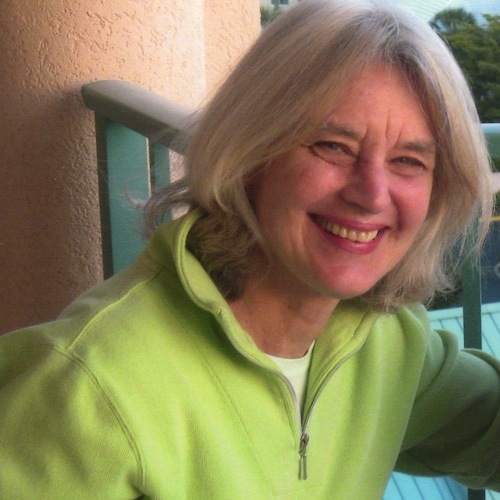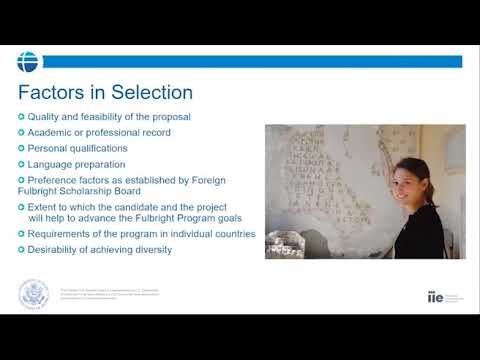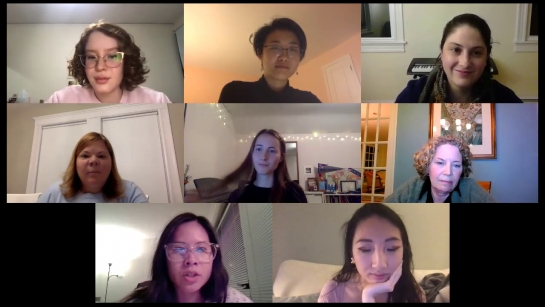Science Research

Participating in research experiences as an undergraduate is an excellent way to add depth to your science understanding and actively engage with what you are learning in the classroom. By doing so, you further develop your laboratory, analytical, and problem-solving skills, and you start to build your network with faculty members. Research experiences are valuable components to your resume, and they can make you more competitive for both graduate school and industry opportunities.
How to Conduct Career Research

Regardless of where you are in your career — whether you are unsure where to begin or you are preparing for a final round interview — conducting research can help you learn more about and prepare for potential career opportunities. There are many ways to gather information when you’re in the beginning stages of exploring your options, including career research and networking. In this resource, you’ll find ideas and general resources to get started.
“I’m glad I decided to pursue Fulbright. It gave me an opportunity to share my unique experience as an immigrant and first-generation college student, not only with my Chinese colleagues, but also with other international students at Northwest University, who rarely meet Chinese Americans.“
“I previously had dreams to be an author, but found myself called by the combination of logic, mystery, and truth in science.”
National Institutes of Standards & Technology Summer Undergraduate Research Fellowship (NIST SURF) (students)

The National Institute of Standards and Technology (NIST) offers Summer Undergraduate Research Fellowships (SURF) at NIST laboratories in Gaithersburg, MD; Boulder, CO; and Waimanalo, Hawaii. The Summer Undergraduate Research Fellowship is designed to inspire undergraduate students to pursue careers in STEM (science, technology, engineering, and mathematics) through a unique research experience that supports the NIST mission. Eligible are currently enrolled undergraduates who are US citizens or permanent residents, majoring in chemistry, computer science, physics, engineering, materials science, fire research, nanotechnology, information technology, mathematics, biology, manufacturing, statistics, or another STEM discipline.
“Listen to your heart and use your head. Math and science ignited my imagination for as far back as I can remember.”
Ronald E. McNair Scholars Program at Wellesley College (sophomores and juniors)

The McNair Scholars Program is a federal TRIO program funded at 187 institutions across the United States and Puerto Rico by the U.S. Department of Education. McNair participants are first-generation college students with financial need, and/or members of a group that is traditionally underrepresented in graduate education and have demonstrated strong academic potential. The goal of the McNair Scholars Program is to increase graduate education for students from underrepresented groups. At Wellesley, the McNair Scholars Program is STEM focused, and applications are typically due in November each year.
Barry M. Goldwater Scholarship (sophomores and juniors)

Supports one or two years of undergraduate study in the fields of mathematics, engineering, and natural sciences. Eligible are college sophomores or juniors who are US citizens, permanent residents, and nationals intending to pursue research careers in STEM fields. Campus application deadline typically in late November/early December.
Introduction to Interviewing
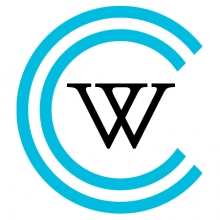
Career Education's Interviewing Resources are centered around The Four Pillars, or Four P’s (Preparation, Presentation, Proficiency, Partnership) of Interviewing, which serve as the foundation for a successful interviewing experience.
Job Shadowing

What better way to learn about a particular career path, industry, company, or role than experiencing it yourself? If you want to learn more about a specific path before committing to an internship or job, consider “shadowing” an individual who currently works in the field as a way to experience a typical workday in that career.
Fulbright Program (rising seniors & graduates)

Supports a year (or occasionally more) of study or research abroad in any discipline, or year-long English teaching assistantships (ETAs) abroad in programs designed by the host countries. Eligible are graduating seniors and graduates who are US citizens. Campus application deadline for Wellesley students and graduates typically in August, after an optional draft deadline in July.
Mellon Mays Undergraduate Fellowship (sophomores and juniors)

The Mellon Mays Undergraduate Fellowship Program (MMUF) was founded to increase diversity among minority faculty scholars in higher education. MMUF supports underrepresented minority students and others who have demonstrated commitment to eradicating racial disparities in academia by encouraging talented students to develop their academic interests, pursue and complete their doctoral training, and thrive in their faculty careers in higher education. With funding from the Andrew W. Mellon Foundation, MMUF undergraduates are able to conduct original undergraduate research in the humanities and social sciences. Campus deadline annually in March
Finding an Internship
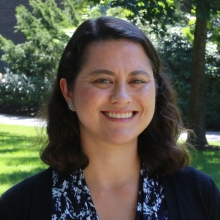
While the College supports hundreds of students through our funded internship programs, the opportunities to intern around the world are endless. We understand it can be overwhelming to get started, so here are a few ideas to jumpstart your search.
Wellesley College Graduate Fellowships (WCGF—seniors & graduates)

Wellesley College offers a number of fellowships and scholarships for graduate study or research open to Wellesley seniors and graduates. Two awards are open to women graduates of any American institution (the Schimke and the Shackford). Awards are usually made to applicants currently enrolled in or applying to graduate/professional school for the following academic year; there is a single common application process for most of these awards, and the campus deadline is typically in January.
Assess Yourself: What Are You Bringing on Your Career Journey?

Where do you begin when you don’t know where to begin with your career path? What are new opportunities you could explore once you find a field that fascinates you? How do you prioritize which experiences to pursue when there are a few, several, or many options that interest you?
Leverage Your Experience Abroad

Co-authored by Wellesley Career Education and the Wellesley Office of International Study.
This resource provides tips to help you leverage your study abroad experience upon your return.
Projects for Peace Alumni Award (graduates)

Projects for Peace is a global program that partners with educational institutions to identify and support young peacebuilders and changemakers. Each year, the Projects for Peace Alumni Award will award up to $50,000 to support the continuing peacebuilding efforts of a past Projects for Peace grantee. The Award is made possible through the Kathryn Wasserman Davis Collaborative in Conflict Transformation at Middlebury. Campus application deadline typically in January.
Resources for International Students

Navigating the college experience can be a complex affair, particularly if you are entering Wellesley from another country. The first stop for you is the Slater International Center, as they will serve as your most important resource at Wellesley. In addition to what Slater has to offer, you will find below some additional career resources.



